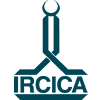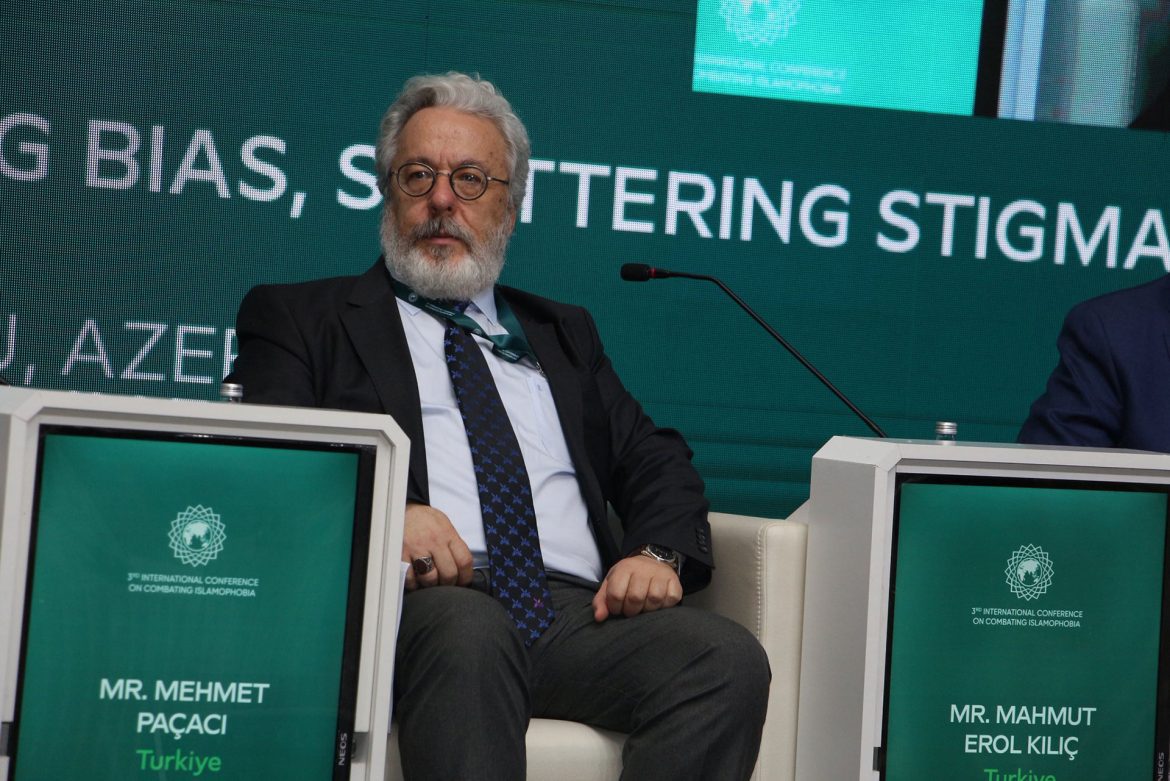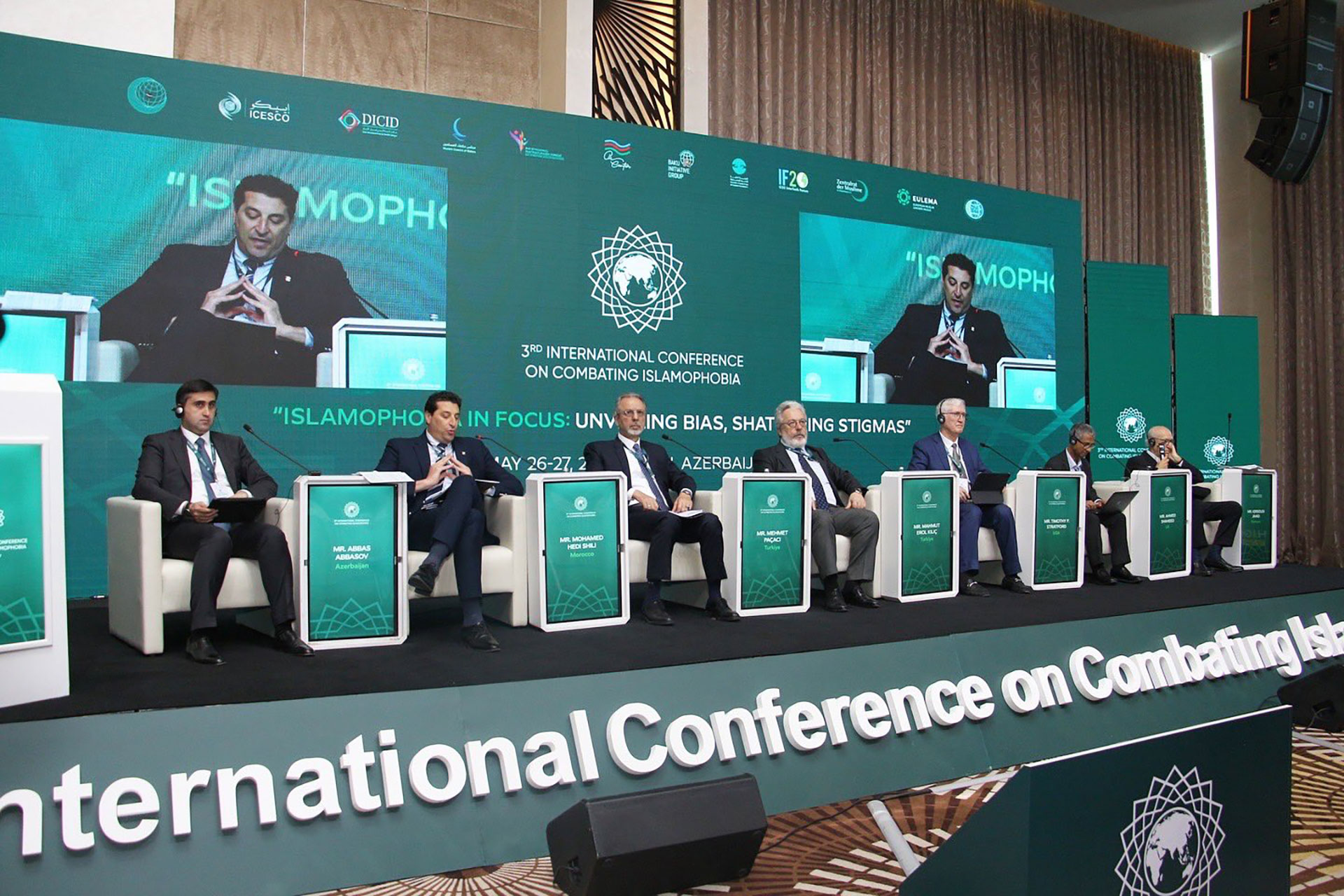The 3rd International Conference on Islamophobia convened by the Baku International Multiculturalism Center with the collaboration of the Center of Analysis of International Relations (AIR Center) on the theme of “Islamophobia in Focus: Unveiling Bias, Shattering Stigmas” took place in Baku, Azerbaijan, on 26-28 May 2025. The conference was opened with the message of Azerbaijan President H.E. Ilham Aliyev. The opening session heard the video address by Miguel Ángel Moratinos, UN Under-Secretary-General and High Representative for the UNAOC. The conference featured the sub-themes of “Global Trends in Islamophobia: Challenges and Responses,” “Anti-Muslim Hatred in Politics: Legal Frameworks and Advocacy Strategies,” “Islamophobia in Different Contexts: Regional Perspectives,” “Islamophobia in Media and Digital Platforms: How Artificial Intelligence Systems Can Spread and Reinforce Islamophobic Bias,” “Women, Identity and Stereotypes: Navigating the Intersection of Religious and Cultural Prejudices,” “Institutionalization of Anti-Muslim Legislation in Europe: Rhetoric in the Context of Radicalization of Islamophobic Propaganda,” “Preserving Islamic Cultural Heritage in a Changing World,” and “Youth Call for Inclusion: Combating Bias and Misconceptions.”
IRCICA Director General Prof. Mahmud Erol Kılıç addressed the plenary session titled “Anti-Muslim Hatred in Politics: Legal Frameworks and Advocacy Strategies,” stating that “Islamophobia is not a matter of personal hatred or bias. It is exploited by certain groups as a political and ideological tool. Particularly during election campaigns, international crises, and in the aftermath of terrorist attacks, some actors deliberately use Islamophobia to rally public support.” Prof. Kılıç analyzed the compound phenomenon of Islamophobia with regard to its two main dimensions of anti-Muslim attitudes and anti-Islam prejudice and further stated that countering this phenomenon requires much more than legal measures, as it calls for comprehensive but contextualized educational and media policies to foster social awareness and inter-cultural understanding.






